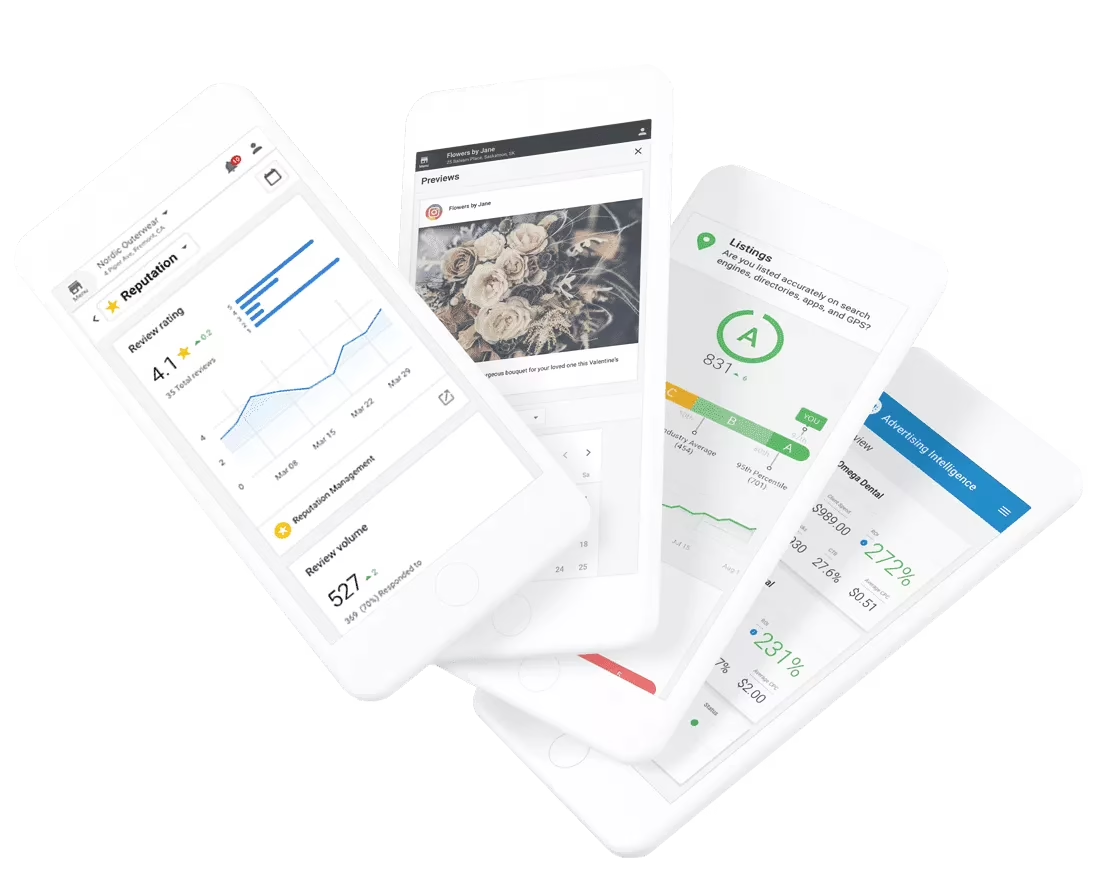Leverage Digital Marketing
In today’s highly competitive real estate market, especially in Nashville, Tennessee, relying on traditional marketing methods is no longer sufficient. With the rise of the internet and digital technologies, real estate agents need to embrace digital marketing strategies to effectively promote their services, engage with clients, and stay ahead of the competition. In this blog post, we will delve into the world of digital marketing and explore how real estate agents can leverage its power to unlock success in their business.
Why Digital Marketing Matters for Real Estate Agents
Digital marketing refers to the use of digital channels, such as websites, social media, email, search engines, and online advertising, to connect with potential clients and promote products or services. In today’s digital era, consumers rely heavily on the internet to research, explore, and make decisions about real estate properties. As a result, real estate agents who do not have a strong digital presence are missing out on a significant opportunity to connect with potential clients and grow their business.
Here are some compelling reasons why digital marketing matters for real estate agents:
Expanded Reach: Digital marketing enables real estate agents to reach a wider audience beyond their local area. Through social media, email marketing, and online advertising, agents can connect with potential clients from different locations and expand their reach to a global scale.
Cost-Effective: Digital marketing can be more cost-effective compared to traditional marketing methods. Real estate agents can create and share content on social media, write blogs, and send emails to their clients at a fraction of the cost of traditional advertising methods like billboards or print ads.
Enhanced Engagement: Digital marketing allows real estate agents to engage with potential clients in a more personalized and interactive manner. Through social media posts, email newsletters, and online chat, agents can establish meaningful connections with their clients, understand their preferences, and tailor their services accordingly.
Measurable Results: Digital marketing provides real estate agents with tools and analytics to measure the success of their marketing efforts. They can track website traffic, email open rates, social media engagement, and online advertising performance to assess the effectiveness of their strategies and make data-driven decisions.
Competitive Advantage: By incorporating digital marketing into their business strategies, real estate agents can gain a competitive edge over their competitors who rely solely on traditional marketing methods. A strong digital presence can position agents as tech-savvy, innovative, and customer-centric, giving them an advantage in attracting and retaining clients.
Key Digital Marketing Strategies for Real Estate Agents
Now that we understand why digital marketing is essential for real estate agents, let’s explore some key strategies that can help them unlock success in their business:
Build a Professional Website That Converts: A well-designed website is the foundation of any digital marketing strategy. It serves as a hub for all your online activities and provides potential clients with a place to learn more about your services, view listings, and contact you. Make sure your website is mobile-friendly, easy to navigate, and visually appealing.
Optimize for Search Engines: Search engine optimization (SEO) is crucial for increasing your website’s visibility in search engine results. Identify relevant keywords related to your real estate niche and optimize your website content, meta tags, and URLs accordingly. Publish high-quality, informative, and original content on your website’s blog to establish yourself as an authority in the real estate industry.
Leverage Social Media: Social media platforms, such as Facebook, Instagram, and LinkedIn, can be powerful tools for real estate agents to connect with potential clients, showcase their listings, and build relationships. Develop a social media strategy that includes regular posting, engaging with your audience, and running targeted advertising campaigns. Use high-quality images, videos, and virtual tours to showcase your listings and create engaging content that resonates with your audience.
To put things into perspective, a look at the most impressive stats online show:
4.76 billion social media users, which is almost 60% of the earth’s population is online.
An average user spends 2 hours and 31 minutes per day on social media.
Half of our time on smartphones is reserved for social communication.
Facebook users averaged 33 minutes per day.
YouTube stands at 19 minutes per day.
Snapchat engagement estimates 30 minutes per day.
Instagram users show an average of 29 minutes per day.
Pinterest commands 14.2 minutes per day on average.
In conclusion, digital engagement is showing to be a primary source for information gathering, and decision making. Why waste time when you can use your phone to view properties, check online reviews about a real estate agent, and dig deeply into the world of information, quickly, without having to get inside a vehicle and drive. Decisions today are made online.
We hope if you’re a real estate agent, you align with your customers lifestyles and assist them on their journey to finding their next residence, investment property, dream home, and castle.
Sources

Profitable Results
With ADVAGY, you’re not just getting a service—you’re gaining a partner dedicated to your success. Our combination of AI technology and human expertise delivers the results your business deserves.
If it would be appropriate to discuss the next steps, we invite you to chat with Addy, our AI-Chatbot for assistance. For everyone who wants to jump the line, let’s go!

